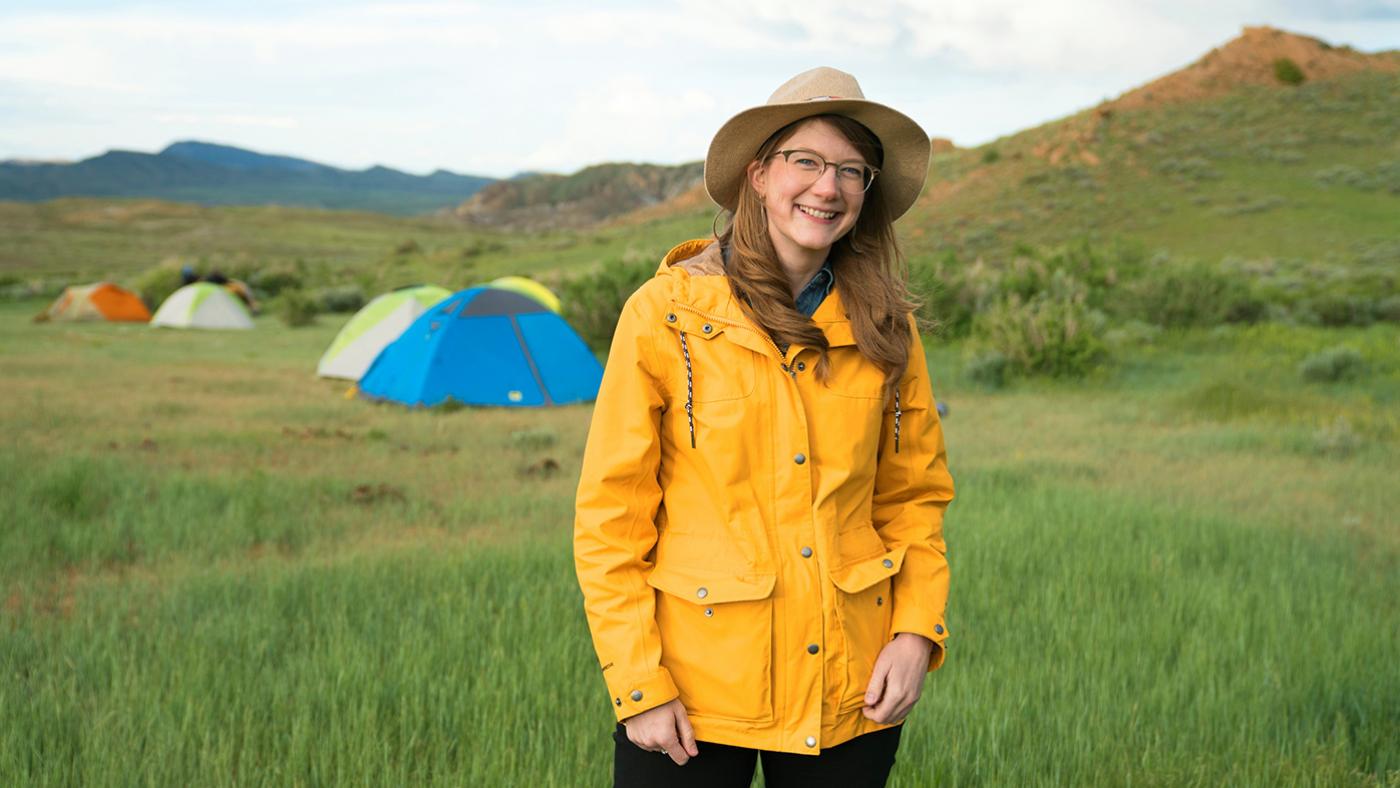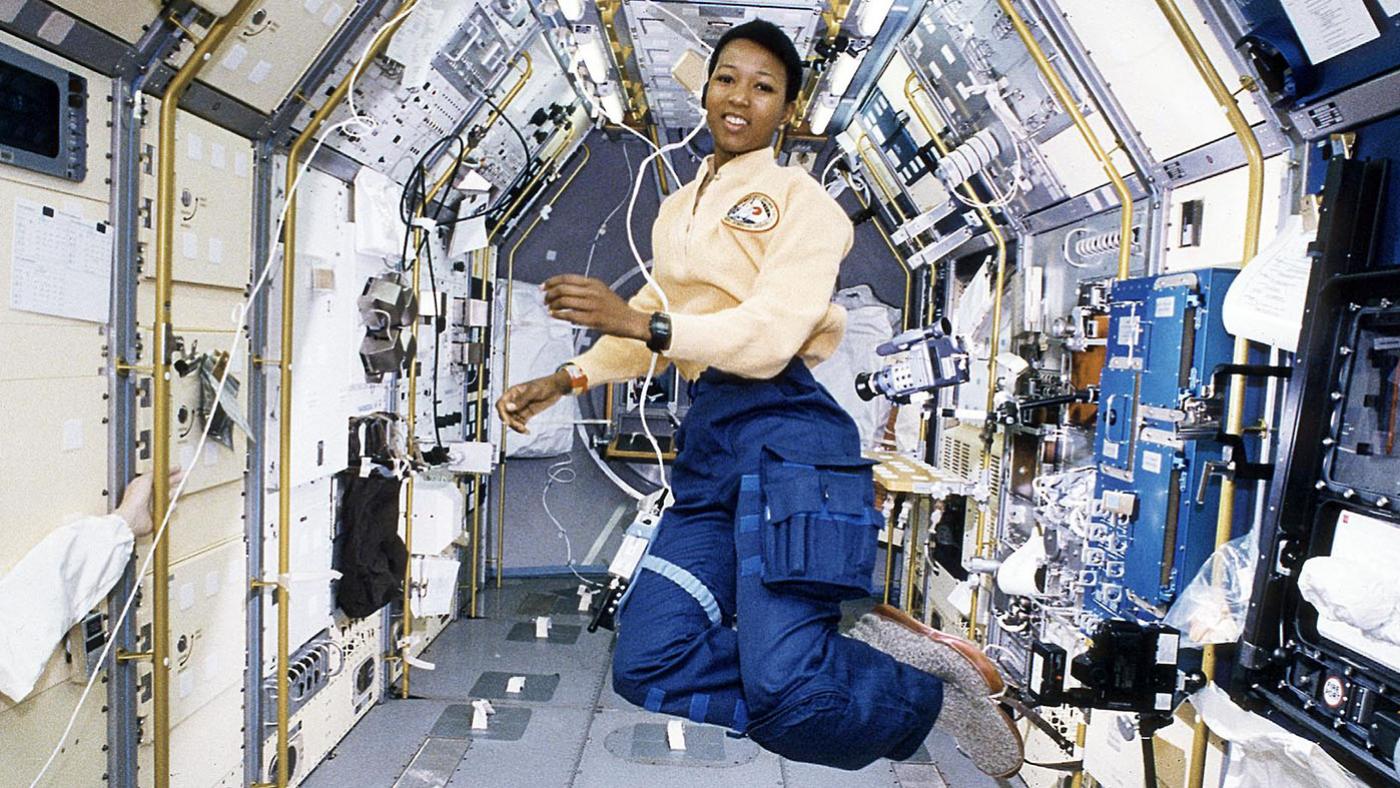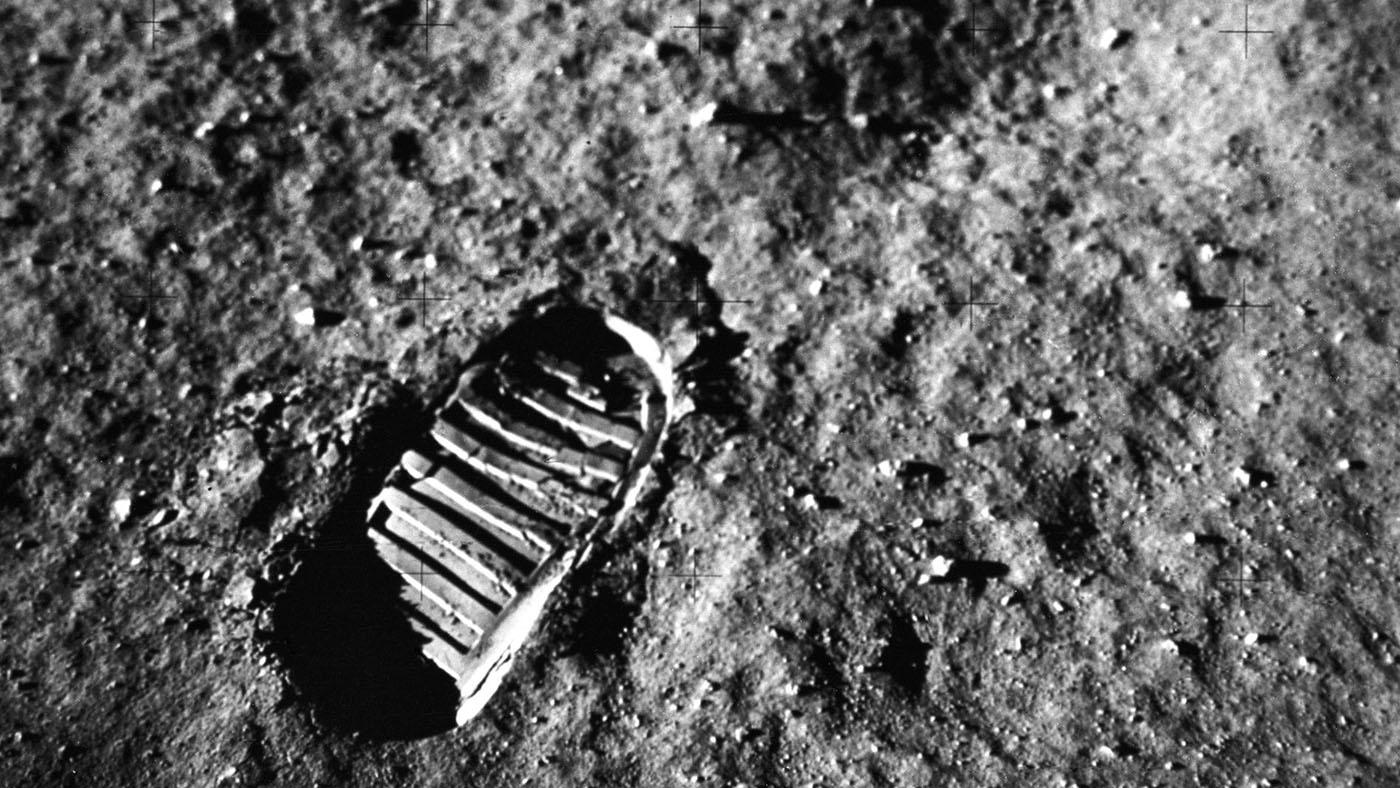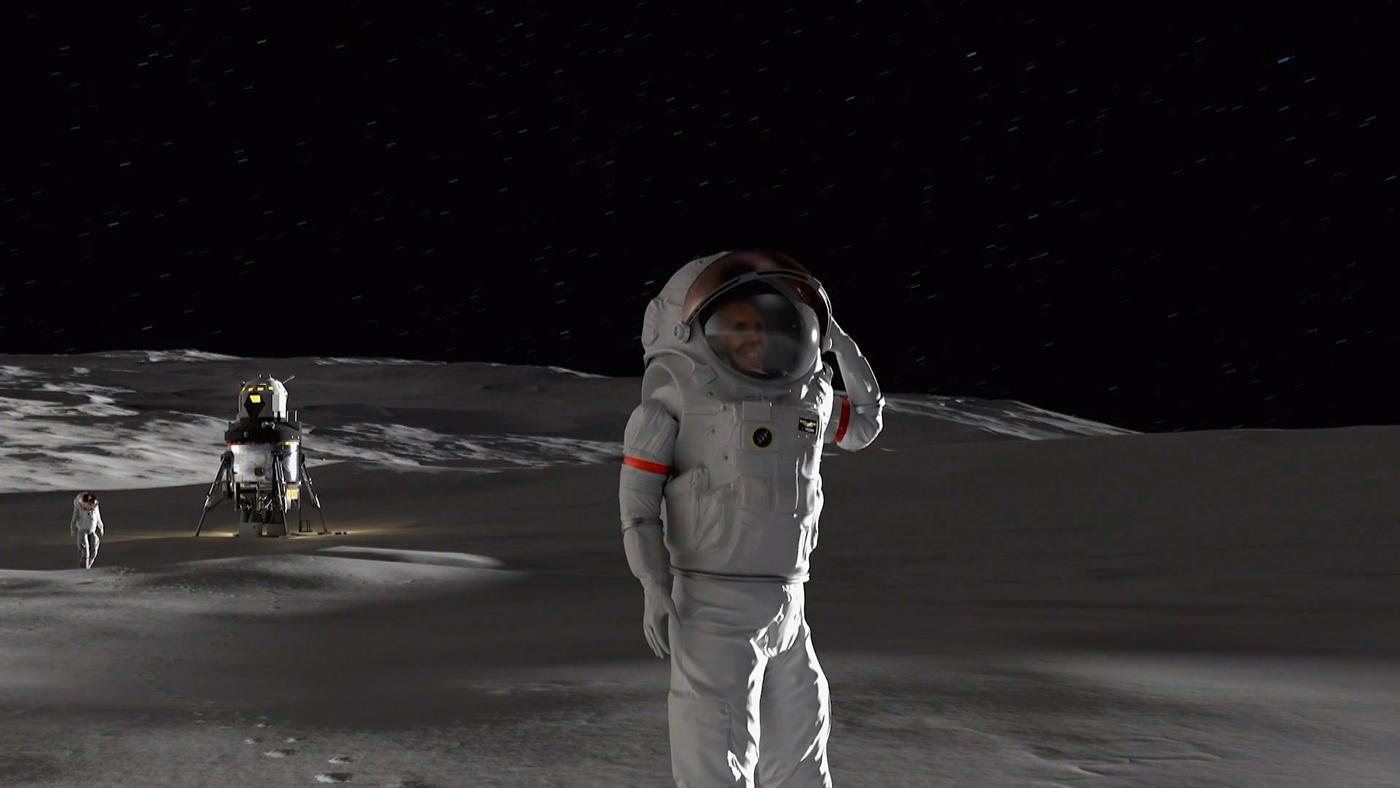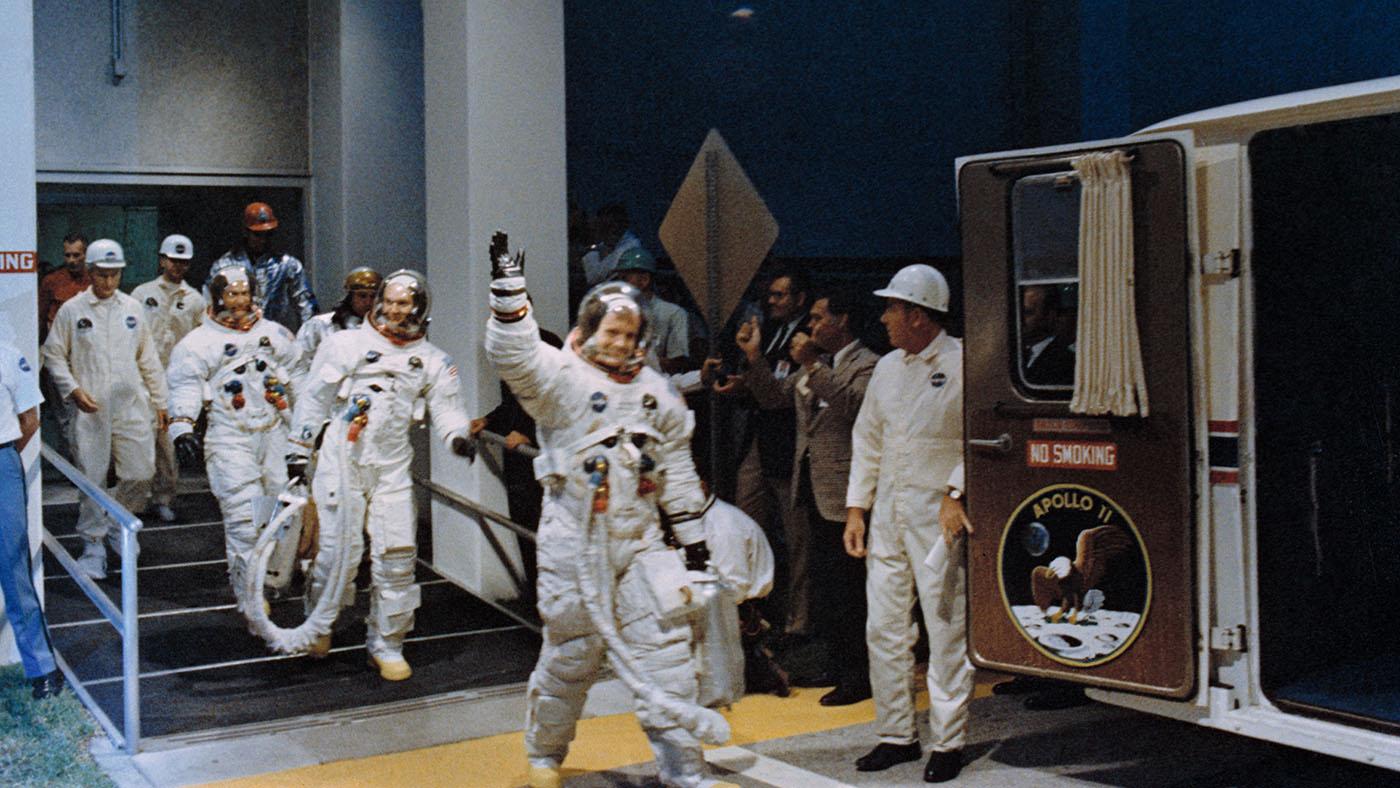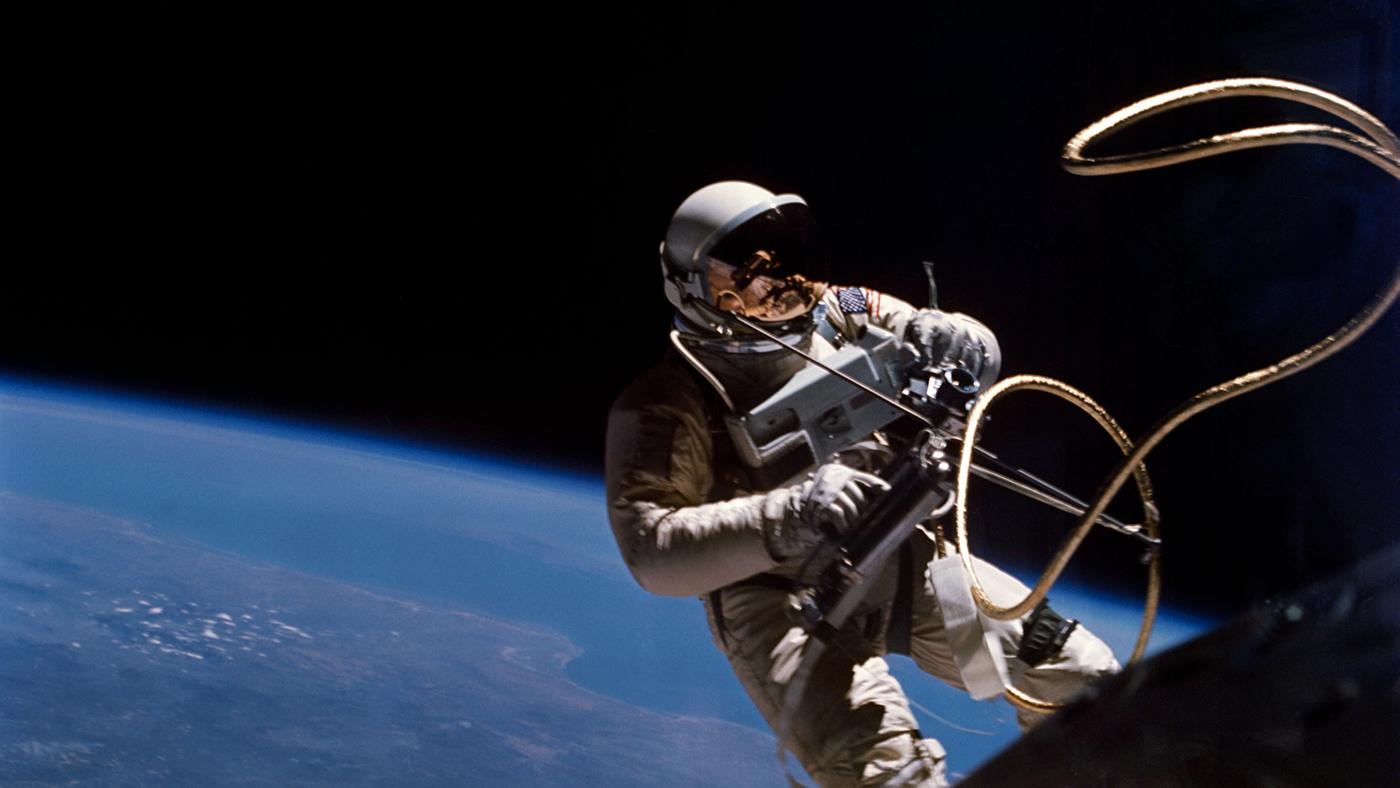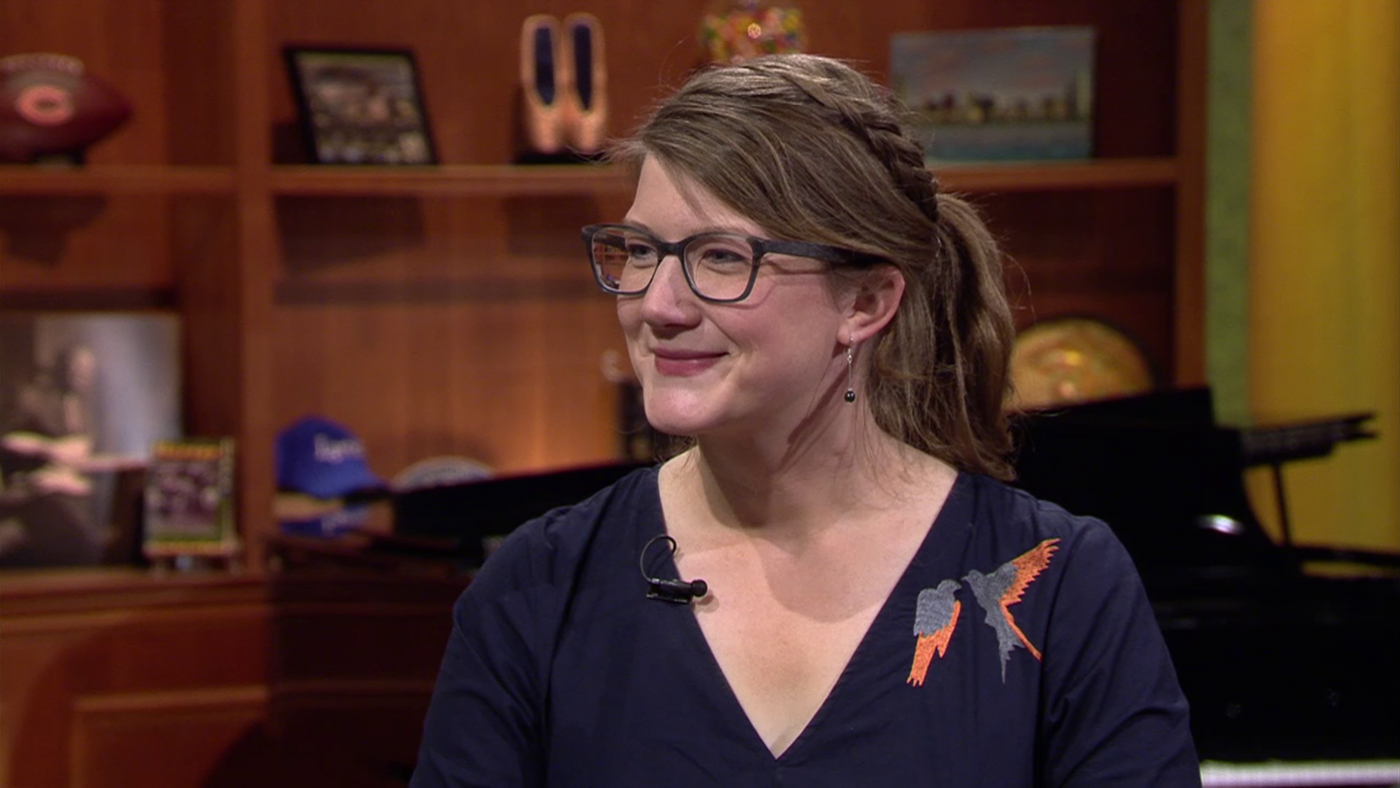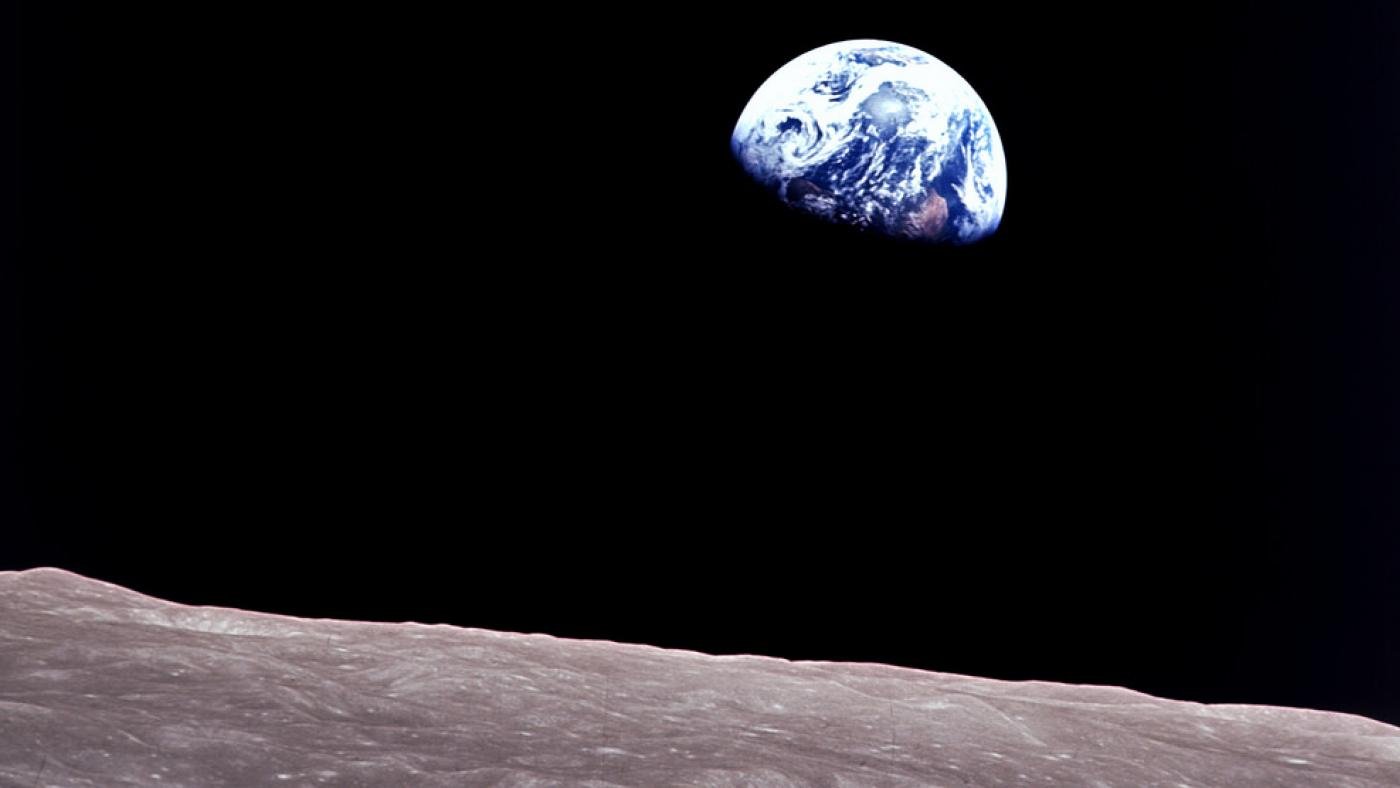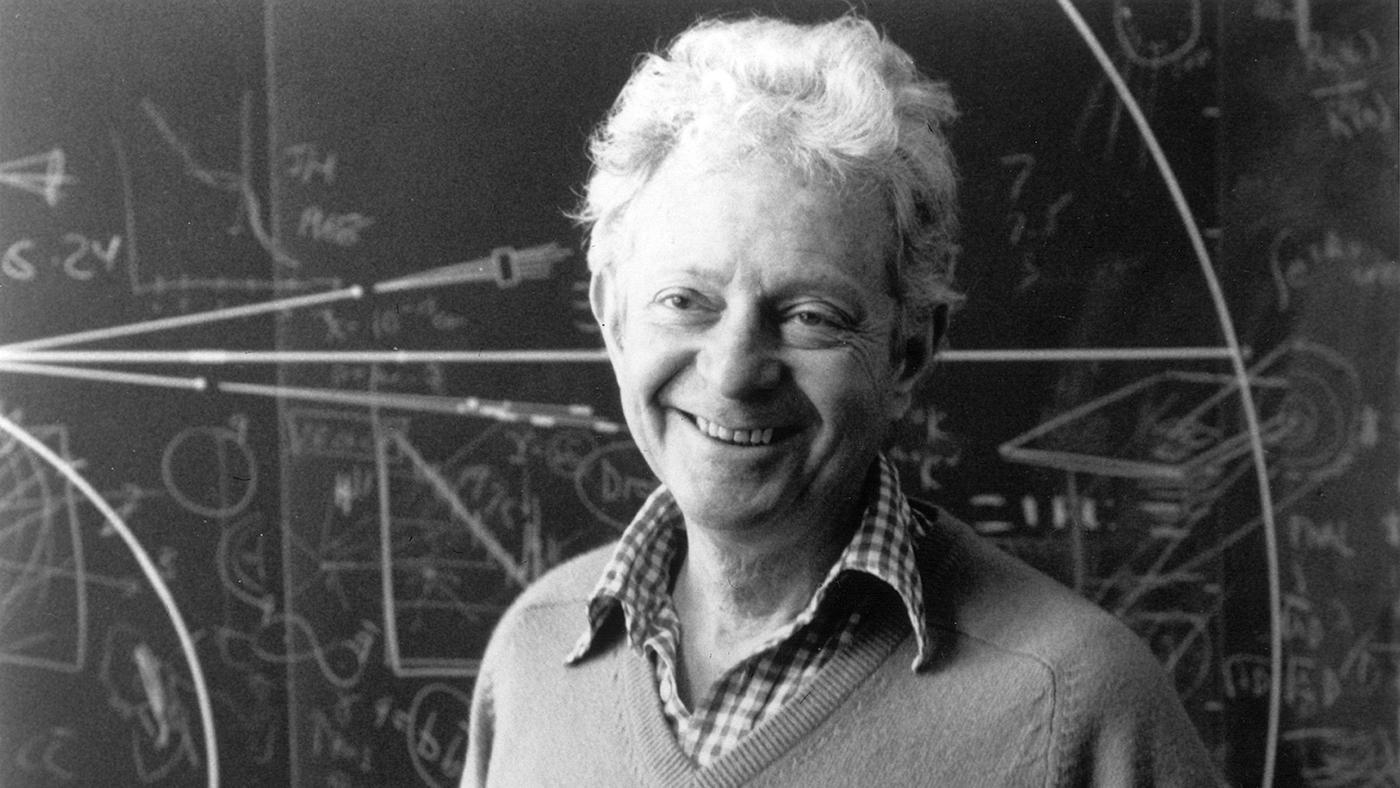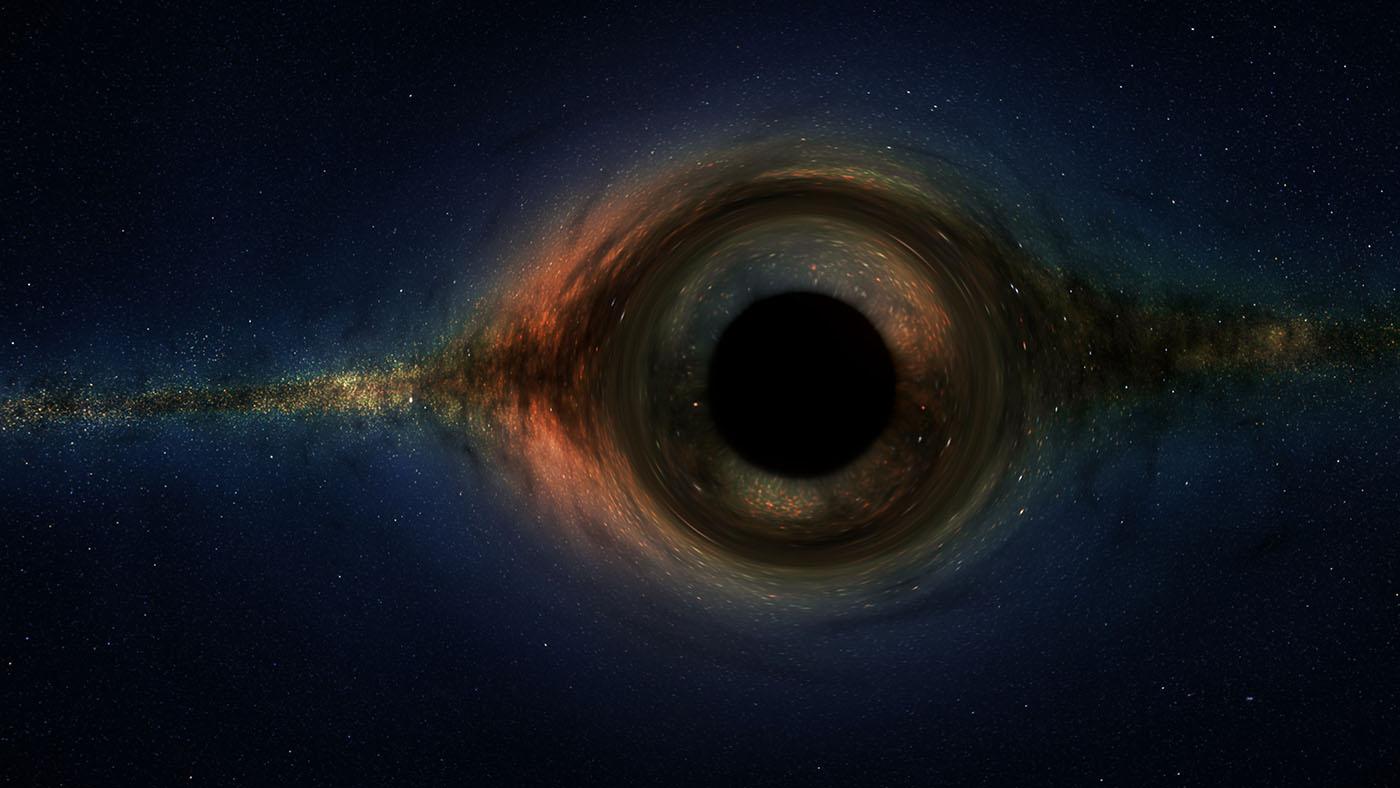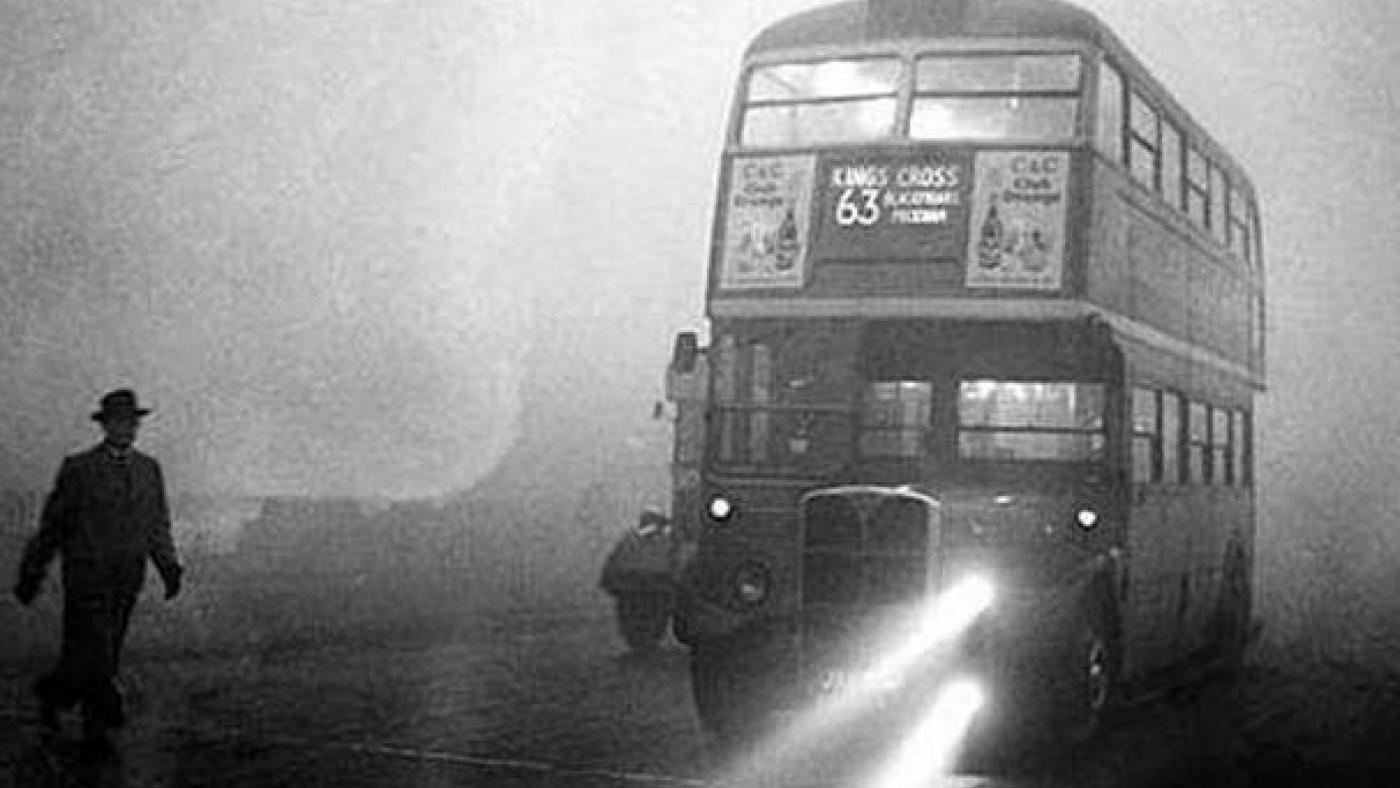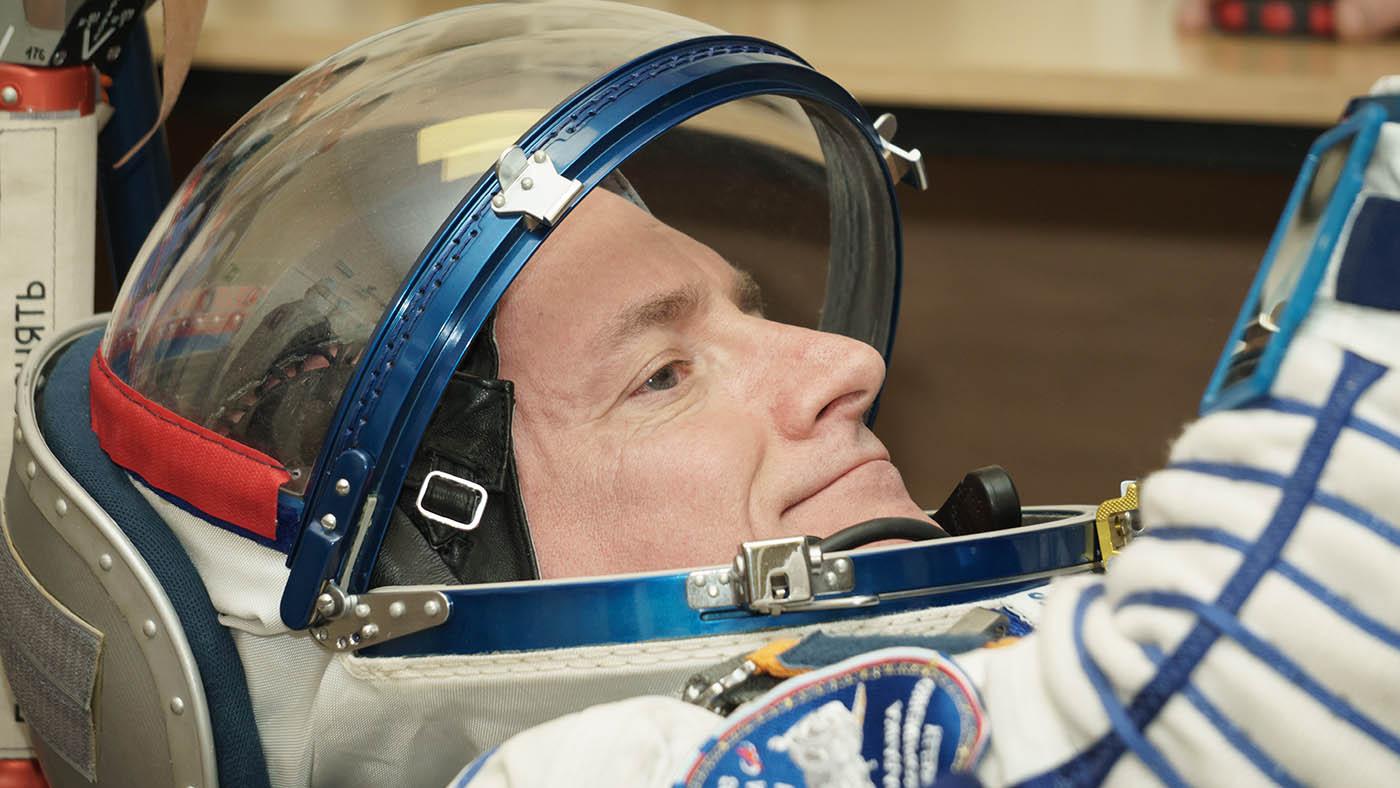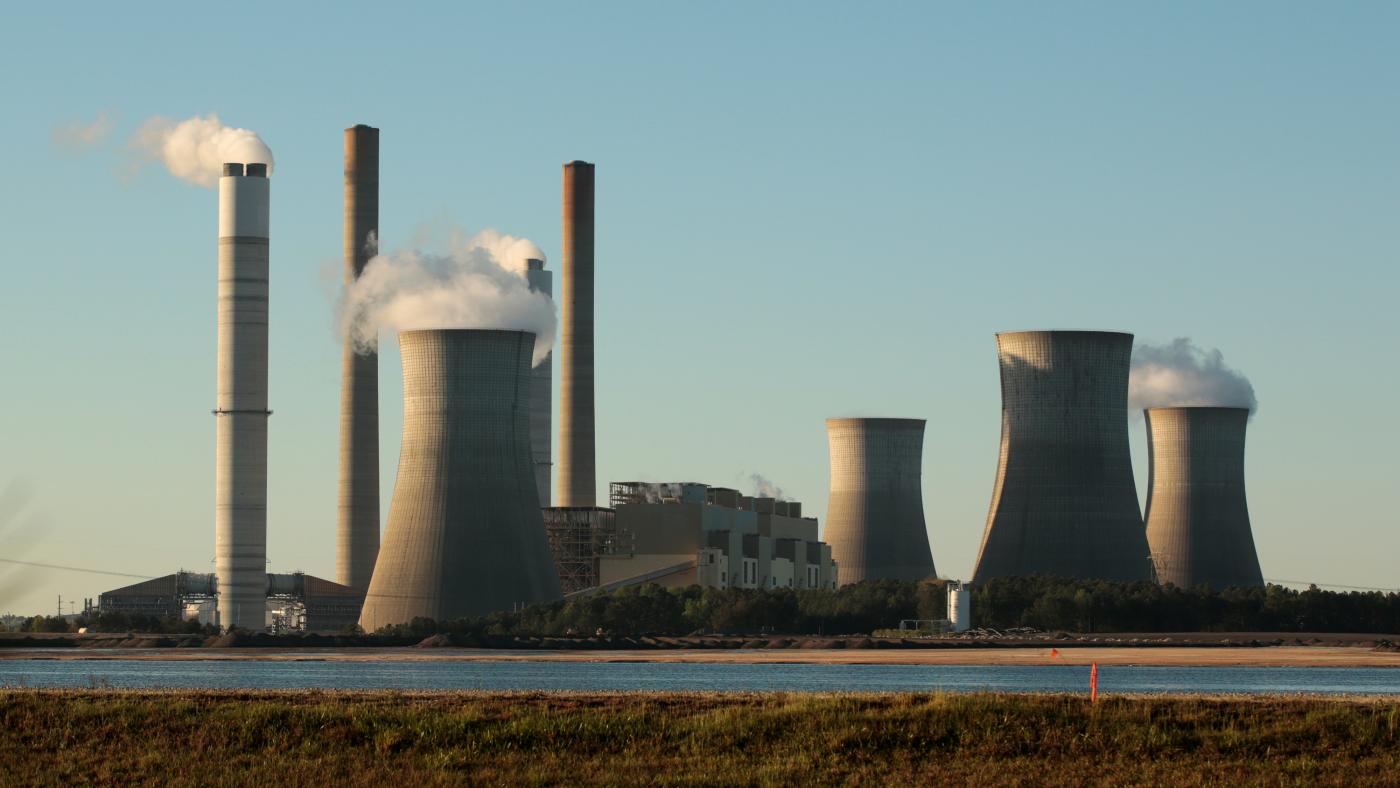Playlist Science
Science
PBS Announces a New, National WTTW Series, 'Prehistoric Road Trip'
PBS officially announced today a new, national series exploring 2.5 billion years of Earth's history produced by WTTW and hosted by Emily Graslie, Chief Curiosity Correspondent at the Field Museum and creator of the YouTube series "The Brain Scoop."
The American Astronauts Who Made History and Set Records
More than 550 people from 36 countries have traveled to space. Beyond household names like Neil Armstrong and Buzz Aldrin, dozens of Americans became celebrated "firsts" and set records, like the farthest distance travelled from Earth, the first person enrolled in a Native American tribe to travel to space, and the most number of days spent in orbit.
Who Are the 12 Men Who Walked on the Moon?
In a span of just three years, NASA sent twelve people—all men—to the moon. Neil Armstrong and Buzz Aldrin are household names, but what about the others? Among them are a man who overcame dyslexia, one who believed in UFOs, and another who subscribed to creationism.
A New Era of Lunar Exploration and Possibility
Fifty years after the first lunar landing, there's a new wave of interest in returning to the moon and utilizing its resources, as China, India, and Japan amp up their space programs and NASA starts turning towards private companies to achieve its own ambitious goals.
When the Moon Landing Became a Conspiracy Theory
Less than a decade after Apollo 11 landed on the moon, the first widespread conspiracy theories emerged, claiming that the landing was a hoax. Even today, vloggers on YouTube and podcast hosts still promote several conspiracy theories that are easily debunked from scientific, photographic, and physical evidence.
Our Summer of Space Celebrates the 50th Anniversary of the Lunar Landing
Fifty years ago, on July 20, 1969, humans landed on the moon for the first time. To celebrate that epochal achievement, we have a whole lineup of space-themed programming this summer. Get a preview of our new Summer of Space programming here!
Emily Graslie Is Making a Show With Us!
Emily Graslie, the creator and host of the endlessly enlightening science YouTube channel The Brain Scoop and the Field Museum's Chief Curiosity Correspondent, is making a show with us exploring the fossils and incredible geology of the Northern Plains region where she grew up.
The First Time Humans Orbited the Moon
On Christmas Eve of 1968, the three astronauts of Apollo 8 read from the Bible while broadcasting images of the moon from closer than any person had ever been. Not only was it the first manned spacecraft to orbit the moon, it also gave us one of the most iconic images ever.
Nobel Prize-Winning Fermilab Physicist Leon Lederman Has Died
Lederman, who won a Nobel Prize in 1988 for demonstrating that there are at least two kinds of particles called neutrinos, coined the Higgs boson's nickname "the God particle," and worked at Fermilab outside Chicago as well as the University of Chicago, has died at age 96.
'NOVA Wonders' About Science's Unanswered Questions
NOVA usually focuses on questions scientists know the answers to, but the new miniseries NOVA Wonders asks the questions we don’t fully understand: what is dark matter? Is there extraterrestrial life? Can build a truly intelligent artifical intelligence?
Understanding the Opioid Epidemic
Understanding the Opioid Epidemic explores the roots of the crisis and stories of people affected. Get even more background from Frontline, through one of their investigative films and various articles examining the opioid crisis.
Curving Spacetime: Mind-Boggling Facts about Black Holes
They're a curvature in spacetime that even light can't escape; an object sucked into one is crushed into an infinite density. We haven't been able to see them, but we can hear them, in a sense. Learn more confounding information about these enigmas of space.
When Pollution Blocked Out the Sun
65 years ago on December 5, a deadly smog descended on London. Transportation stopped, people fell into the Thames, and an estimated 12,000 people died. Today, New Delhi has similar problems. How serious is pollution today?
How a Year in Space Affects the Human Body
Astronaut Scott Kelly spent 340 days in space while his twin brother Mark stayed on Earth. Scientists are comparing the brothers to understand the effects of space on the human body. What have they learned? How do humans fare after a year in space?
Scott Pruitt and the 'War on the EPA'
The director of the Frontline investigation War on the EPA discusses the "role reversal" at the EPA under Scott Pruitt, where "the regulated become the regulator," and the importance of battles over environmental regulation in the election of Donald Trump.

